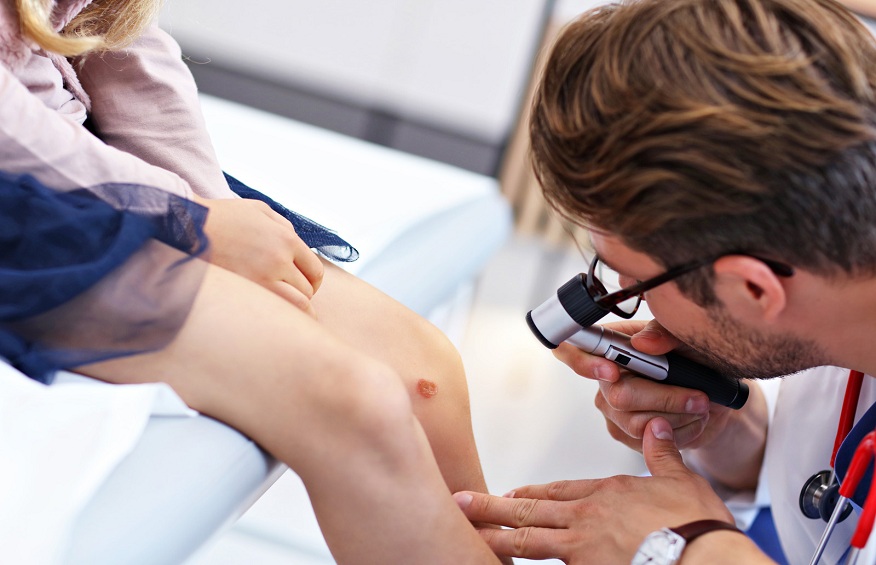Imagine your child waking up one morning with a strange rash. You panic, your heart races, and an anxious knot forms in your stomach. You wonder, is it an allergy? Or could it be something more serious, like rosacea sheepshead bay? Welcome to the unpredictable world of pediatric dermatology. It’s a realm where familiar childhood conditions like acne and warts can mingle with more daunting ones, such as vitiligo or alopecia. But don’t worry – this blog is here to help. Armed with knowledge, you can confidently navigate the skin challenges your child may face. Let’s dive in.
Understanding Pediatric Dermatology
Pediatric dermatology is a branch of medicine that deals with skin conditions in children. It’s not just about pimples and itchiness. It covers a vast range of skin issues – from birthmarks and moles to serious diseases like psoriasis or lupus.
Common Skin Conditions in Children
Let’s talk about some common conditions you might encounter:
- Acne: Yes, even babies can get acne. It’s typically a mild condition that resolves itself.
- Eczema: This condition causes red, itchy patches of skin. It’s common in infants and can persist into adulthood.
- Rosacea: Often mistaken for acne or an allergic reaction, rosacea causes redness and sometimes small, pus-filled bumps on the face.
When to Seek Help
Not all skin conditions require a trip to the dermatologist. But sometimes, they do. If a rash is accompanied by a fever, if it disrupts your child’s sleep, or if it spreads rapidly, it’s time to see a doctor. Don’t wait. It’s better to play safe when it comes to your child’s health.
What to Expect at the Dermatologist
Visiting a dermatologist for the first time can be nerve-wracking. But remember, they’re there to help. Here’s what you can expect:
- Examination: The dermatologist will examine your child’s skin, hair, and nails. They might take a small sample for testing.
- Questioning: They’ll likely ask about your child’s health history and any symptoms they’ve been experiencing.
- Treatment Plan: Based on their findings, the dermatologist will propose a treatment plan. This might include medication, creams, or lifestyle changes.
A Final Word
Remember, knowledge is power. Understanding pediatric dermatology will help you make informed decisions about your child’s skin health. Always consult with a healthcare professional if you have concerns. Your child’s skin is their body’s first defense against the world. Let’s make sure it remains strong and healthy.

